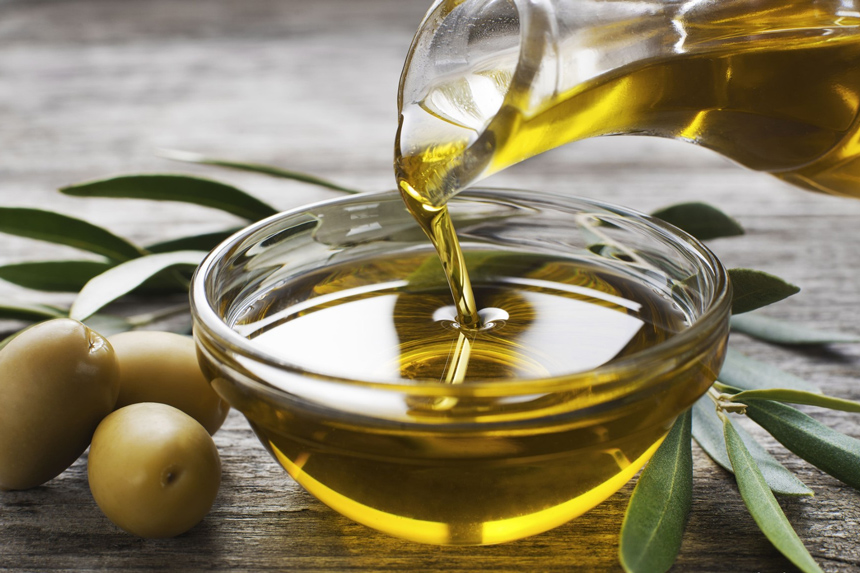Amaranth

Whole grains like amaranth are excellent for heart health, with studies linking a diet rich in whole grains to a reduced likelihood of high blood pressure. Amaranth, in particular, is high in magnesium, with a cooked cup providing a significant portion of the daily requirement. This grain can be a versatile addition to any diet, serving as a great alternative to traditional grains.
Amaranth’s unique nutritional profile, including its high fiber content, makes it a standout choice for those looking to manage their blood pressure. Its nutty flavor and texture make it ideal for a variety of dishes, from breakfast porridge to dinner side dishes, offering a nutritious boost to any meal.
Olive Oil

Olive oil, known for its heart-healthy fats, including oleic acid and antioxidant polyphenols, plays a significant role in reducing blood pressure and other heart disease risk factors. A 2020 review highlighted its benefits, underscoring the importance of including olive oil in a diet aimed at lowering blood pressure. [7]
The versatility of olive oil in cooking and its flavor-enhancing properties make it an essential ingredient in healthy diets. Whether used in salad dressings, for sautéing vegetables, or as a base for sauces, olive oil not only contributes to heart health but also adds a touch of Mediterranean flair to meals..





